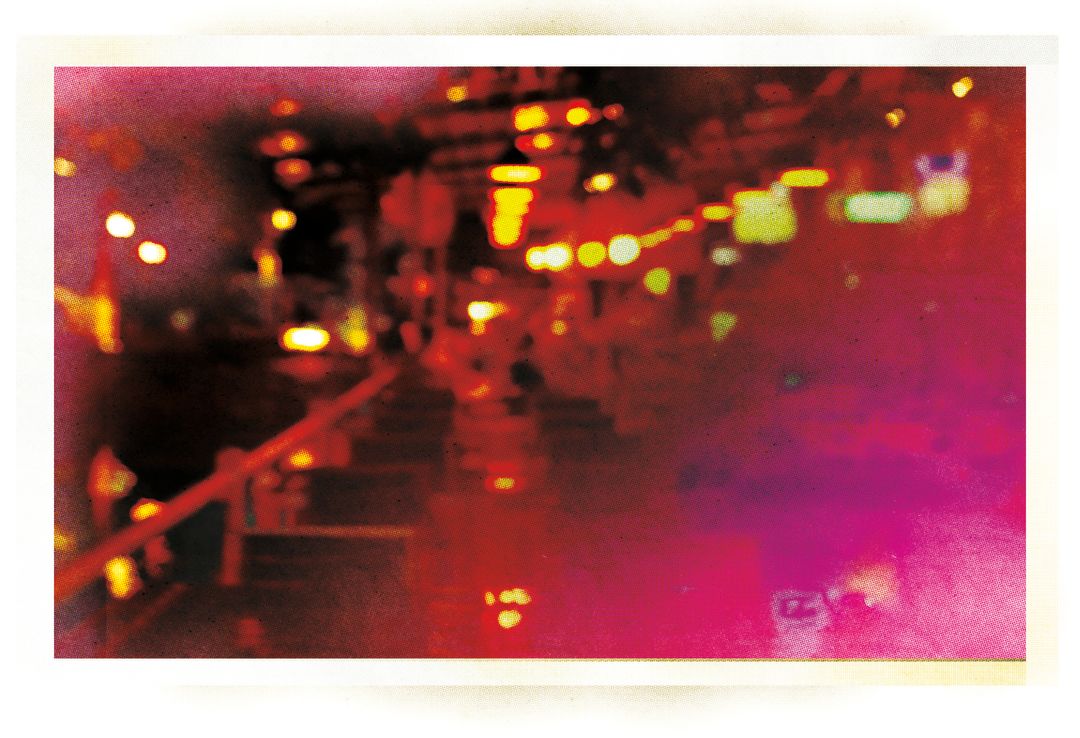Remember the Hungry Tiger: An Excerpt from Martha Grover’s New Memoir

Once upon a time there was a bar in Portland, on 28th and East Burnside, called the Hungry Tiger. It was one of those old Chinese restaurants with a pagoda-shaped sign that advertised “Chinese and American Food.” I don’t know how the food was; I went there to drink, often during the day while my laundry was drying next door at the abandoned-seeming laundromat. I was twenty-three, and new to Portland. On a hot day, after lugging my laundry down the street, sipping a gin and tonic alone in the cool, dark bar felt perfect. I also frequented the place with friends. I remember Aaron’s shocked face when I told him I was dating a man fifteen years my senior. I remember helping Ledena and Casey kick a man who seemed to be having a psychotic episode out of the bar. The man ran out screaming, waving his skateboard around wildly in the hot summer night. One night Janet Weiss [ed. note: the drummer for bands Quasi and Sleater-Kinney] came in by herself, went to the poker machine, played a couple of games, and then abruptly left.
The Hungry Tiger was intimate, small, slightly dangerous. A place where a rock star could gamble anonymously and not realize the skinny white girl two booths over cleaned her toilet. See, at the time, I was Janet Weiss’s housecleaner. Earlier that day I’d vacuumed the kitty litter from her bedroom floor and straightened her Henry Darger coffee table books, before mopping my way out of her house, as if I’d never been there.
That part of Portland is still peppered with dive bars. There is Holman’s, where you can spin a wheel on the wall for a chance to win a free meal, and Beulahland, which used to be cash-only and a hangout for anti-racist skinheads but now is just a normal dive bar with torn vinyl seats and a regular DJ night. Down the block was another dive-y Chinese place called Chin Yen, where I happened to be sitting alone one night in 2008, chain-smoking with strangers, watching Obama become president. Chin Yen didn’t survive his presidency.
When I lived in that area of Portland, I once looked at a map published online by the Portland Police Bureau showing crime in a ten-block radius surrounding my house. The greater the density of crimes, the redder the map. 28th Avenue was one long gash of crimson.
The Hungry Tiger and the laundromat were demolished in 2007. In place of the kitschy facade of the Chinese restaurant they built a tall, shiny condo building with jutting balconies and right angles. I was disgruntled. Not only was the Hungry Tiger gone, but the aesthetics of the area were now muddled and incongruous. One night, a friend of a friend, a Midwest transplant who worked for the mayor’s office, said flippantly in my presence, “I don’t know why everyone is so upset that an ugly old dive bar is being torn down and replaced by something new.”
Everyone else seemed unfazed by this comment.
But I looked at her as if for the first time. Who is this strange being in my presence? I wondered. She is breathing, talking, laughing, a seemingly kind and loving person in service to my city, and yet she has no heart or human empathy or soul. I had thought her simpatico, but I was obviously wrong. I felt I had misjudged not only her, but perhaps all of humanity.




